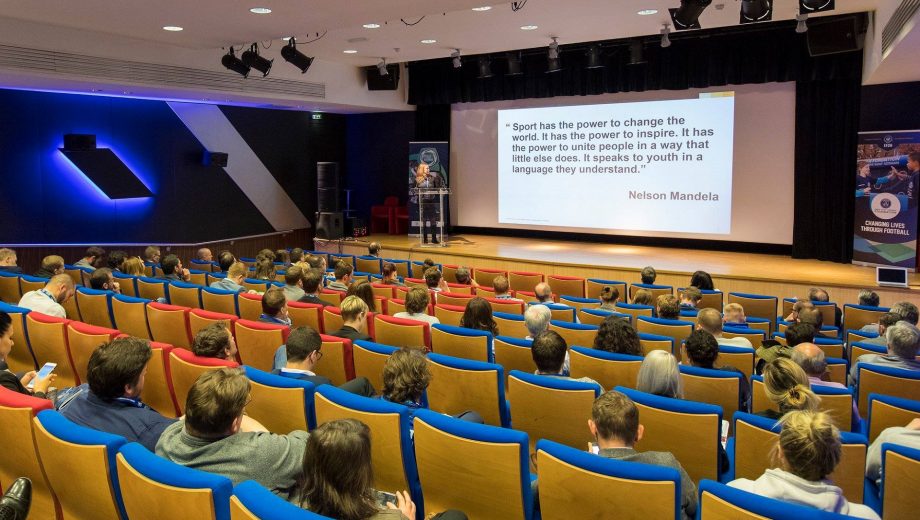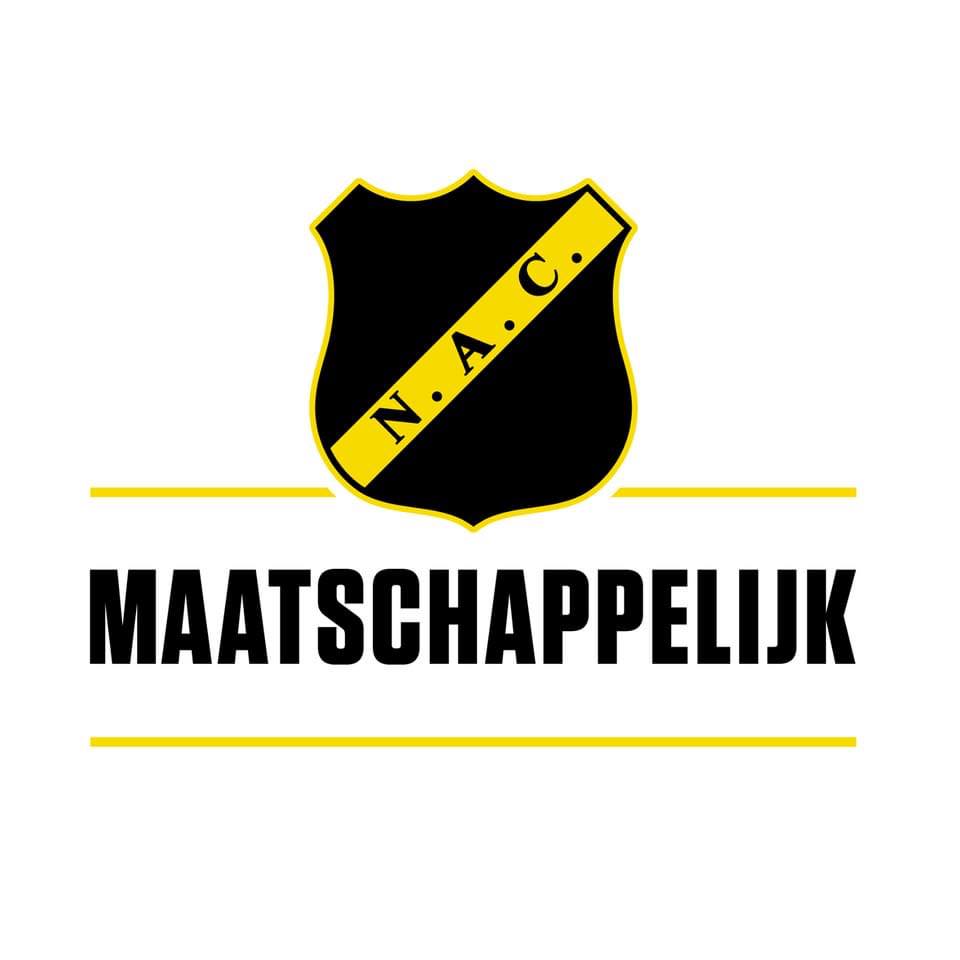Mandela Day – Football has the power to change the world
Nelson Mandela International Day 2018 marks 100 years since the birth of Nelson Mandela (18 July 1918). The Centenary is an occasion to reflect on his life and legacy, and to follow his call to “make of the world a better place.” The Nelson Mandela Foundation is dedicating this year’s Mandela Day to Action Against Poverty, honouring Nelson Mandela’s leadership and devotion to fighting poverty and promoting social justice for all.
“Sport has the power to change the world”, stated Nelson Mandela at the first Laureus World Sports Awards in 2000.
Mandela himself proved years before his famous speech that sport can contribute to the unification of divided society and social development. After being sentenced for his resistance against the South African regime in 1964, Mandela recognised how football in prisons can improve the life of detainees. On 11 February 1990, he was released from prison and got actively involved in the negotiations to end apartheid in South Africa. In 1994 Mandela got elected as president of South Africa.
The Power of Rugby, Cricket and Football
As a passionate amateur boxer, Mandela had always a strong connection to sports. This relationship was even intensified during his political work. Despite a lot of criticism, ongoing violence and economic concerns in the country, Mandela supported the Rugby World Cup 1995 hosted by South Africa. At that time the Rugby team was still a symbol for the apartheid and the elitism of the white population. But Mandela saw in this global event a chance to bring the whole country together behind the “Springbocks”, the South African Rugby team. Its captain Francois Pienaar got the World Champion trophy handed over by Mandela, who wore an Springbock jersey, after the South Africans won the finale in Johannesburg. In this moment the political leader and the sport hero transformed a intangible social process in a concrete action which led to respect and sympathy in all ethnic groups.
“What happened was Nelson Mandela said ‘thank you very much for what you’ve done for South Africa’ but I said ‘thank you for what you’ve done’. I almost felt like hugging him but it wasn’t appropriate, I guess”, stated Pienaar after the historic day.
Beside to the sports mega-event in 1995, Mandela actively strengthened the social cohesion in South Africa for example by encouraging the Cricket Association to include the young black people in the townships. He appreciated that South Africa hosted the Cricket World Cup 2003 and could observe the rise of the first black national player Makhaya Ntini who became a role model for many Cricket talents in the country. The sports fan Mandela called the Football World Cup 2010 “a gift” for the country and also made an impressive appearance at the finale. After his retirement, he supported many sports projects through his philanthropic organisations.
Changing lives through Football
As Mandela, the EFDN members also believe in the power of sports. By implementing sport- or football-based projects, professional football clubs foster social inclusion, improve health & well-being and provide education to different age groups. Furthermore, our members actively support anti-discrimination and anti-racism campaigns. There are many projects of EFDN members that go in line with the slogan of this years Mandela Day “Action Against Poverty” and in line with his engagement for a society without discrimination and racism.

Mandela was quoted in one of the presentations at the 10th Conference.
Some good examples of EFDN members projects:
Kitchens in Malawi – Celtic FC Foundation
Celtic FC Foundation is tackling poverty, malnutrition and the lack of education in Malawi with its 67 Kitchens project. cooperation partner Mary’s Meals is a charity with a simple idea that works. By providing one good meal in a place of learning, children are drawn into the classroom where they can receive an education that could one day free them from poverty.
Football Welcomes Campaign – Everton in the Community
Former Everton winger and the club’s first International Ambassador, Steven Pienaar, joined Everton’s support by meeting participants of the weekly coaching session for refugees and asylum seekers. “I was born in apartheid South Africa and I know how sport, including football, can help to bring people together and break down barriers”, explained Steven Pienaar his engagement.
Red Card for Hate – Chelsea FC Foundation:
Chelsea FC and the World Jewish Congress have launched the international ‘Pitch for Hope’ competition, the first stage of the three-pronged initiative to combat racism, xenophobia, discrimination and antisemitism in sports, under the banner ‘Red Card for Hate’. In the second part of the initiative, Chelsea and WJC will produce a series of videos to raise awareness about the tangible effects of antisemitism and discrimination. The third stage will be a special forum in mid-2019.

Aris Limassol FC Social, Environmental, and Health Initiatives






